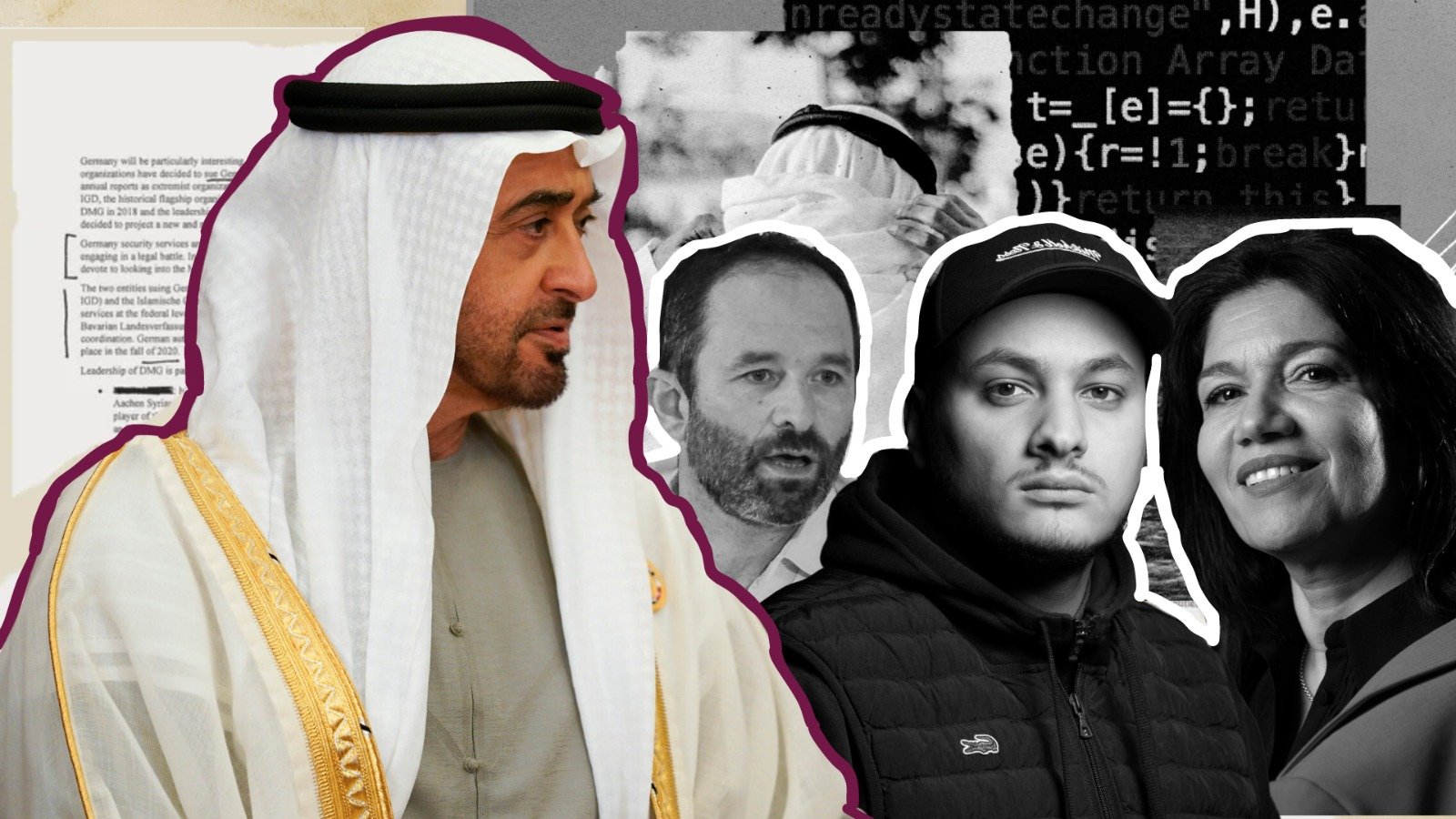In recent years, the United Arab Emirates has been implicated in a series of aggressive smear campaigns targeting individuals who criticize the country. These campaigns involve surveillance, defamation, and the spread of fake news to tarnish the reputations of critics. The victims include human rights activists, UN investigators, and lobbyists for rival countries such as Qatar. These campaigns shed light on the UAE’s efforts to protect its image and suppress dissent, revealing the vulnerabilities of international mechanisms in the face of external influence.
Investigating War Crimes in Yemen:
Kamel Jendoubi, a French-Tunisian human rights lawyer, finds himself at the center of an aggressive response after publishing a UN report on war crimes in Yemen. The report implicates all parties involved in the conflict, including the UAE and Saudi Arabia, in potential war crimes such as airstrikes on civilian targets. Following the report’s release, Jendoubi becomes the target of online publications accusing him of ties to extremists. These baseless allegations, systematically repeated, aim to discredit Jendoubi and undermine the credibility of the report.
Influencing Perception:
The UAE, a wealthy nation with significant influence beyond its borders, has engaged in influence operations in Europe to shape public opinion about the country. Leaked documents reveal the UAE’s collaboration with Swiss intelligence firm Alp Services to launch campaigns targeting critics and spreading fake news. These operations not only targeted individuals sympathetic to the Muslim Brotherhood, but also aimed to improve the UAE’s human rights reputation through defamation and the manipulation of Western PR consultants.
Orchestrated Controversies:
The UAE intensified its efforts against the UN investigators in 2018, employing Alp Services to discredit the team’s leader, Kamel Jendoubi. Alp Services proposes creating negative articles about Jendoubi every two weeks, linking him to controversial figures and organizations. The UAE approves the plan, and a series of articles are published portraying Jendoubi as an opportunist and questioning his integrity. The smear campaign extends to other Arab members of the investigative team, such as Moroccan researcher Ahmed Himmiche, who faces a comprehensive intelligence operation to find damaging information.
Protecting the UAE’s Image:
The UAE’s Crown Prince, Mohammed bin Zayed (MbZ), strives to present himself as a progressive leader within the Arab world. However, his tolerance does not extend to critics. Political opponents, especially Islamists and activists supporting them, are repressed under his regime. Reports of torture and lack of freedom of expression highlight the UAE’s significant human rights challenges. The UAE is keen to avoid scrutiny of these darker aspects of its rule, fearing damage to its relations with the European Union, a vital trading partner.
Surveillance and Intimidation:
Safwa Aïssa, head of the NGO ICJHR, becomes a target of UAE surveillance after she raises awareness about human rights violations in the UAE at the United Nations. A confidential surveillance report prepared by Alp Services describes Aïssa’s movements, including her bus routes, visits, and package pickups. Such surveillance is aimed at intimidating and silencing critics, preventing them from shining a light on human rights abuses in the country.
Legal Manipulation:
When negative reports emerge about the UAE’s treatment of prisoners, the country employs prominent defamation lawyer Paul Tweed to handle the situation. Tweed, representing a doppelgänger of a detained individual, sends legal notices to platforms demanding the removal of content relating to the prisoner’s case. This manipulation seeks to create confusion and discredit reports about the UAE’s human rights abuses.
Targeting Qatar:
The UAE’s smear campaigns also target Qatar, which supports the Muslim Brotherhood—a group considered a threat to MbZ’s power. In 2017, the UAE, along with other Arab countries, imposed a blockade on Qatar, severing diplomatic ties and imposing travel restrictions. Lobbyists for Qatar become targets of influence campaigns, including French-Tunisian PR consultant Sihem Souid, who is followed and surveilled by a private detective. The goal is to undermine Qatar’s positive image and promote negative narratives.
The UAE’s aggressive smear campaigns against critics, including UN investigators, activists, and rival countries, highlight the lengths to which the country will go to protect its image and suppress dissent. By employing surveillance, defamation, and the spread of fake news, the UAE aims to discredit and silence those who challenge its human rights record. These campaigns reveal the vulnerabilities of international mechanisms in the face of external influence, raising concerns about the credibility and integrity of global institutions.






